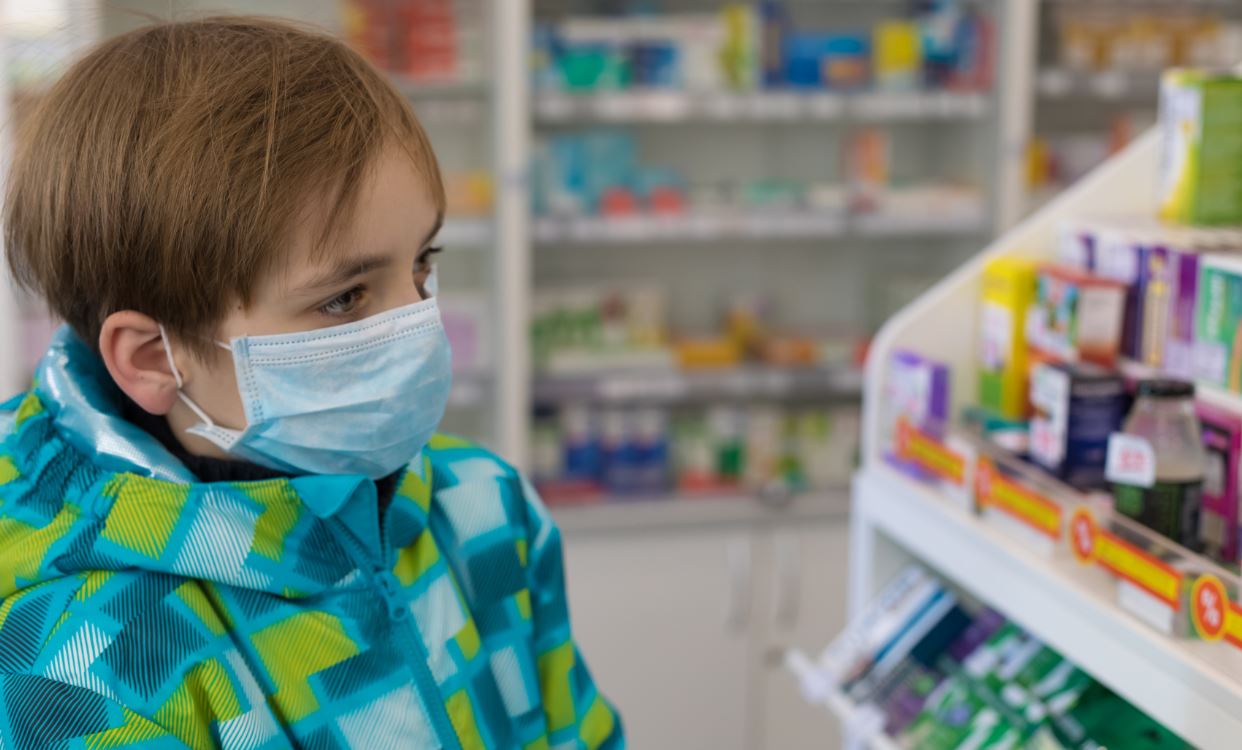A doctor’s view from the frontline - Patient care at the time of COVID and how routine health data can help
7 April 2020 | Author: Dr Elizabeth Sapey, Director of PIONEER and Reader in Acute and Respiratory Medicine
Guest Blog - Liz Sapey, PIONEER Hub Director
Each year the NHS is under pressure to meet the health needs of people presenting acutely to hospital. This year the usual pressures on acute services have been further challenged by the impact of the COVID-19 pandemic. The images from around the world have been unsettling, and now we are experiencing a similar challenge, which the UK as a community must face.
As a frontline medical doctor working in acute medicine at University Hospitals Birmingham NHS Foundation Trust, I have been hugely proud of my fellow healthcare staff, who are working tirelessly to care for those in need. The response from the general public has also been incredible, supporting the NHS, forming community support groups and protecting the more vulnerable in society. But we still need to do more.
Most infections have been with us for many years and we have considerable experience in providing the right care. COVID-19 is a new disease, only known about for a few months and there is so much we don’t know about the infection or how to beat it.
Studies reporting from China, Italy and now early studies from the UK provide important information about people who have recovered or, sadly, died from COVID-19. This helps us understand how the disease might spread, how many people might become infected and who is most at risk of poor health outcomes. However, on the frontline, it can be difficult to interpret these top-level facts to predict what is going to happen to the patient in front of you.
While the majority of hospitalised people with COVID-19 are older and have pre-existing health problems, people are incredibly different in how they respond to this viral illness. This includes what symptoms they have and how unwell they become. Admission to intensive care tends to be for a prolonged period, and outcomes for patients are mixed. Sometimes it is obvious from the moment you see a patient that they need help to support their breathing. Sometimes you can’t tell this from the initial assessment.
Healthcare professionals and patients have many questions about this illness. These questions include how to better recognise those who don’t need further hospital care, how to identify those who will deteriorate, which are the best care pathways, which treatments work to save lives and whether medicines can prevent viral spread while we wait for a vaccine.
It is likely that the answers to many of these questions are already there, in the routinely collected health data of the thousands of patients we are caring for and have cared with COVID-19 within the NHS.
In previous pandemics, paper health records thwarted our ability to learn at scale during the crisis, as data was so siloed and inaccessible. The learning had to occur once the dust had settled. That is not the case today. Our electronic health records from hospitals across the UK contain critical insights into the disease, from the first presentation to recovery (at best) or death (at worst). By bringing together and studying the health data of these people now (without being able to identify any individual patient) there may be things we can learn very quickly, to improve health care now, during this pandemic.
As a member of HDR UK and as Director of PIONEER, the Health Data Research Hub for Acute Care, I am equally proud of the response of the data science community to COVID-19. There is a responsible, ethical, transparent, publicly informed and coordinated effort to learn as much as possible about this viral illness using health data. And this approach has been championed by the patients I have had the privilege of caring for in hospital who have recovered from COVID. Their feedback to me was very clear “you need to do this, now”. Their health data will turn quickly into vital knowledge to help us defeat COVID-19.
And as I contemplate my next shift in the admissions unit, this knowledge can’t come fast enough.
For further details about HDR UK’s work to enable the use of data to respond to the COVID-19 pandemic, visit our webpage here.



